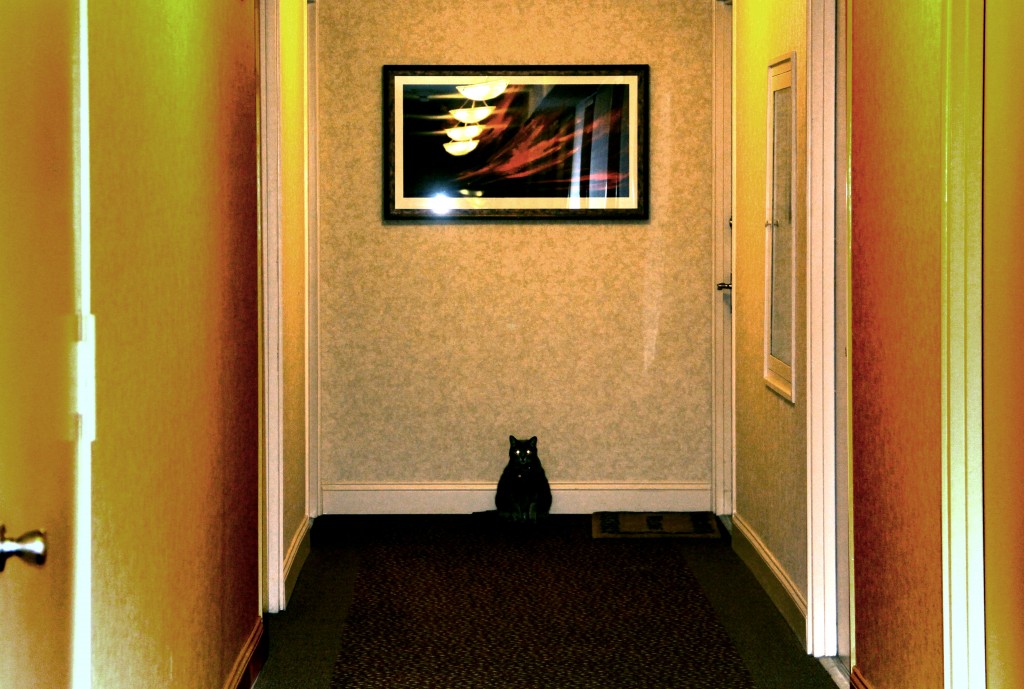One of the downsides to the information super highway is the amount of bunk that disseminates faster than ever before. It has always been with us, though, so we shouldn’t jump to the conclusion that it’s the fault of the internet. All the internet does is make this nonsense available faster, in more formats, and about more things than ever before, but the basic impulse has not changed since, well, forever.
Consider one of the earliest bits of nonsense that still gets some juice from time to time: Nero played while Rome burned.
Nero (Nero Claudius Caesar Augustus Germanicus, C.E. 37 to 68, emperor of Rome from 54 to his death by suicide in 68) became emperor after his uncle, Claudius, died. He has been portrayed in popular fiction and some histories as a self-indulgent libertine. The great fire that destroyed huge sections of the city in July of 64 has been laid at his doorstep for many reasons. He was, in fact, a big urban renewal guy and one of the few theories circulating at the time that has any traction of being real was that he was doing some rather brutal slum clearance in preparation for a new construction project. Even this seems unlikely, since the fire began very near to the Circus Maximus, which would be stupid if it were intentional, and also it began in a commercial area. No one knows how it began. It is much like the great Chicago Fire for which Mrs. O’Leary’s cow has been forever blamed, an assertion invented by a reporter that has become such a staple of the popular folklore that even people who “know” it isn’t true still cite it.
In the case of Nero, however, it appears that he wasn’t even in Rome when it began and when he heard he returned and immediately began organizing relief efforts. The source of the “fiddled while Rome burned” is Suetonius and others who hated Nero. Apparently it never happened and in this instance the exact opposite seems to be the case—he worked hard to save Rome and do what was possible after the fact.
But such is the power of bunk that people still talk about the callous and depraved Nero playing his lyre and singing The Sack of Illium in costume while the city burned. It is a baseless piece of folklore, an urban myth of the first order.
There are two important things to take away from this. The first is, of course, the power of images to fix the imagination in such a way that fact and truth have no chance of getting around the preferred myth. The second is, such myths serve as distractions from genuine problems and redirect our attention from what is truly important onto fabulations that are easily manipulated and manipulative—because people who buy into them are more easily directed by such bunk in the hands of spinmeisters who would rather they didn’t pay attention to reality.
Because there was plenty about Nero that deserves serious ignominy. Just not this.
The other thing such bunk does is paint a figure wholly one thing or the other. There is no gray in such portrayals, no room for the ambiguities that are the way people really are. I said Nero was a big urban renewal emperor, and this is true. He was something of a reformer in this early reign and he did many public works that made him quite popular. He successively extended the Empire and established rules over certain abuses by the Senate, and so forth. Rome did not materially suffer under Nero.
But he had inherited the trend in Roman imperial life toward assassination as a means to consolidate power and even acquire it and apparently had his mother killed, who herself may have killed Claudius in order to secure the throne for her son. As his reign progressed, an evident paranoia took hold and he became more and more erratic until finally there was an uprising in Iberia and he read the writing on the wall and took his own life.
He left a mixed legacy.
But all we remember him for now is Rome burning, bad singing, and orgies (which were more evidenced in his Uncle Caligula’s reign than Nero’s). All the nuance is leached out and any lessons of value from understanding his reign are absent.
The other problem with bunk—you can’t learn anything from it.
I took some time with this business of Nero in order to lay the groundwork for my more contemporary point. See, we can all of us pretty much talk about things that happened two thousand years ago with some dispassion. (No one, I think, has a stake in falsely portraying Nero anymore.) We can step back and look at the false picture and see where it came from and how it happened and understand something about how popular animosities have always given rise to distortions and outright falsehoods.
The reason we should always be aware of bunk like this is so we are not distracted from what may be far more important. Bunk is noise, it is in a perverse way camouflage. Not only does bunk mask what may be good about someone or something, but it works just as well as a mask for what may be significantly worse. And for the one buying the bunk, it seriously erodes credibility, so that any valid criticisms he or she may have are suddenly given the same weight as the bunk—which is to say, none at all. Bunk cheapens everything.
But there has always been bunk. We love it. Often we prefer the legend to the truth. Legends are more colorful and certainly have the distinction of offering explanations that validate prejudices— but they do so without adding one worthwhile bit to any serious discussion. Often just the opposite happens. People who maintain the bunk version of events often impede constructive understanding and, if pressed, may actually turn on those trying to educate them out of the bunk. Bunk can be very hurtful. At the very least by taking up space where something useful might exist. But also by providing a convenient test for determining who is or is not a friend or enemy.
I don’t think I need list the various manifestations of bunk that currently make the rounds of the internet and fill people with rationales for their displeasure and explain absolutely nothing. We’ve all seen it. Worthless allegations, unsubstantiated accusations, constructions of arguments that miss the real point, false comparisons, and outright slander. We can recognize bunk because it always fails two major tests—logic and Occam’s Razor. I suppose, though, that those tests are really different sides of the same one. To put it simply, if something requires too many parts and demands the silent participation of too many people, or is simply far more complicated than seems reasonable, it is likely bunk. (It’s best not to attribute to conspiracy what can be explained by oversight or incompetence. History, after all, shows us that, with very few exceptions, most conspirators are incompetent—and they usually always overlook something.)
Anyway, I wish you all a bunk-free day. It’s too much to hope for a bunk free year.





